Erica Sadun writes at TUAW about a new, possibly first of its kind ebook, one that includes American Sign Language (ASL) videos embedded along with the electronic text and pictures.
While bilingual education has been around for a good long while, the concept of prepackaged ASL translation is a relatively new one, as the tools to embed quality video in an eBook haven’t been mainstream enough. Until now, of course, with iBooks, the iPad, and iBooks Author.
Author Adam Stone released his new book, Pointy Three, on the iBooks store last week. From the iTunes description:
Presented in American Sign Language (ASL) and English! The story of a fork who’s missing one of his prongs, but not his brave spirit. Follow Pointy Three on his journey through the land of Dinnertime as he meets characters left and right and looks for a place where he belongs.
Sadun interviews Stone and talks with him about his motivation to do such a book. “I want to show everybody that it can be done easily, quickly, and cheaply,” he said on his blog. “You don’t need to talk to a publisher; you are the publisher.”
Stone works as a first grade teacher at an ASL school in New York. He was inspired by the introduction of iBooks Author and came up with the idea for the story with ASL elements on the way home one day. He typed up the treatment on his iPhone in the Notes app, he says.
When asked why he hadn’t created an app, Stone reveals that he has no skills as a programmer. With iBooks Author, anyone can create an interactive story for their unique audience and situation.
This is the disruptive success of Apple, one that hearkens back to the original computer club and Steve Wozniak. Apple devices are all about empowering people to actually create and do things – wonderful and unique things – with the powerful technologies inside.
Source: The Unofficial Apple Weblog


![The Brother MFC-J825W Printer is a More Than Capable iPad Printer [Review] photo2](https://www.cultofmac.com/wp-content/uploads/2012/05/photo2.jpg)
![Use iScope To Manage Your Project Like A Human [iOS Tips] iScope](https://www.cultofmac.com/wp-content/uploads/2012/06/iScope.jpg)
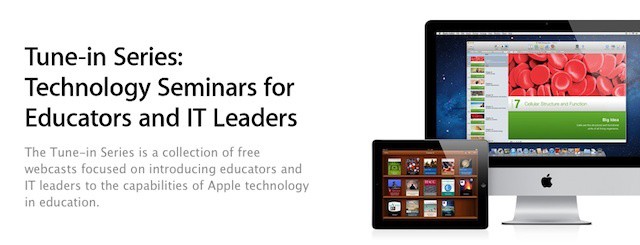
![Apple Will Release A New, Thinner IGZO iPad Later This Summer [Rumor] iPad_3_Retina_Display](https://www.cultofmac.com/wp-content/uploads/2012/06/iPad_3_Retina_Display1-e1340993641182.jpeg)
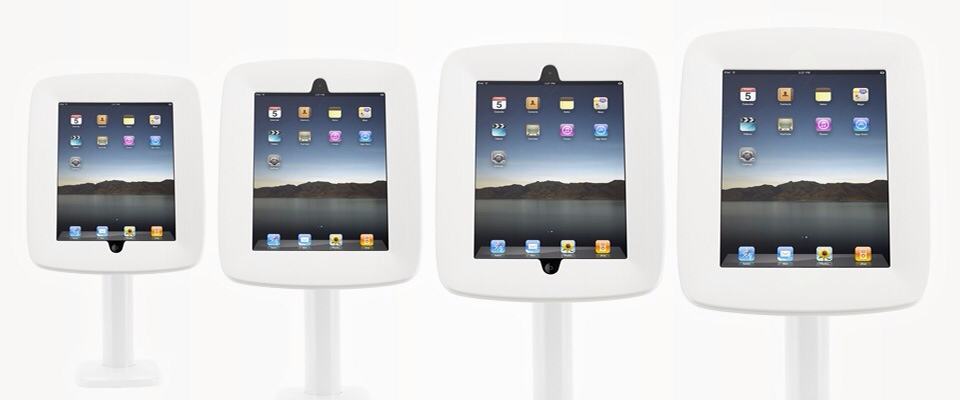

![Make Google Chrome Your Default Web Browser On iOS With The BrowserChooser Tweak [Jailbreak] BrowserChoose is a free tweak that makes Chrome your default browser.](https://www.cultofmac.com/wp-content/uploads/2012/06/IMG_0081.jpg)
![DancePad is Like Dance Dance Revolution on Your iPad [Daily Freebie] post-176323-image-f4a20b60db9aab4107bdcd669594d43e-jpg](https://www.cultofmac.com/wp-content/uploads/2012/06/post-176323-image-f4a20b60db9aab4107bdcd669594d43e.jpg)

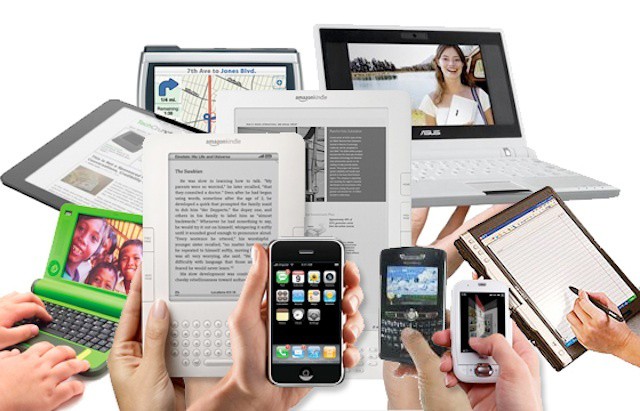
![Google Chrome For iPhone & iPad Is Now Available For Download [Update] Chrome](https://www.cultofmac.com/wp-content/uploads/2012/06/Chrome.jpeg)
![Oversee Project Resources With OmniPlan for iPad [iOS Tips] OmniPlan helps you manage projects and related resources efficiently and effectively.](https://www.cultofmac.com/wp-content/uploads/2012/06/IMG_0156.jpg)
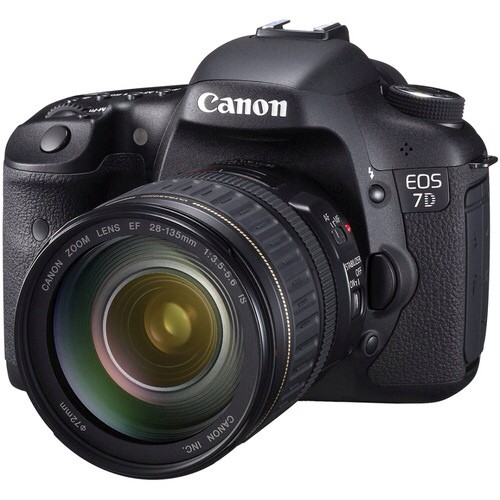
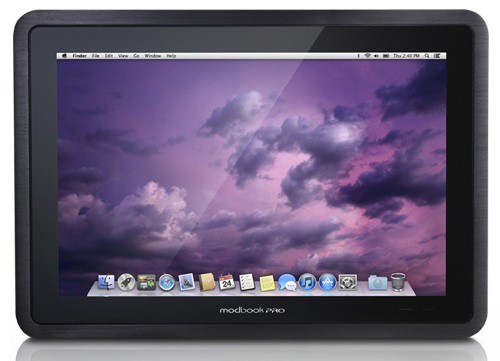
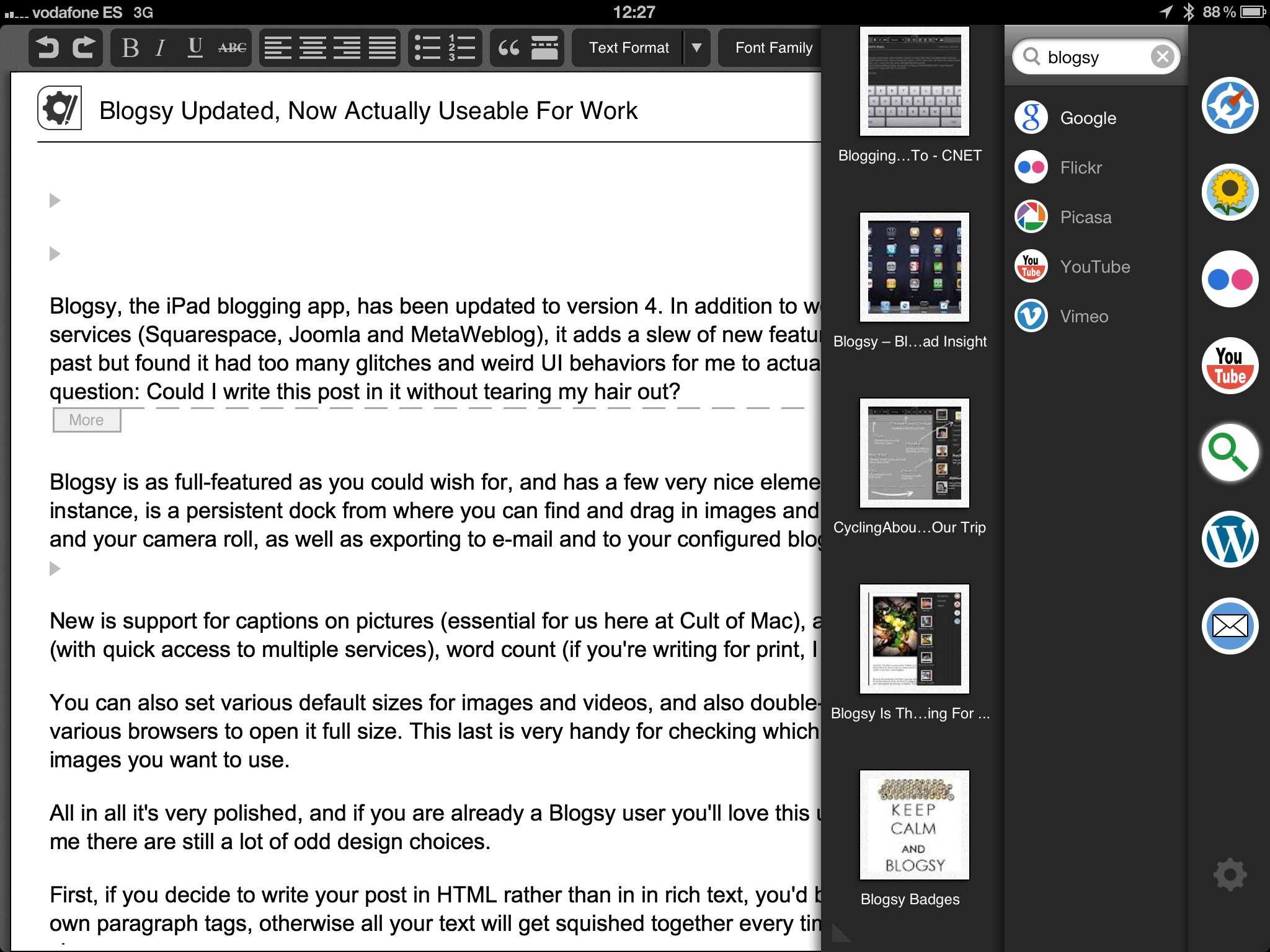
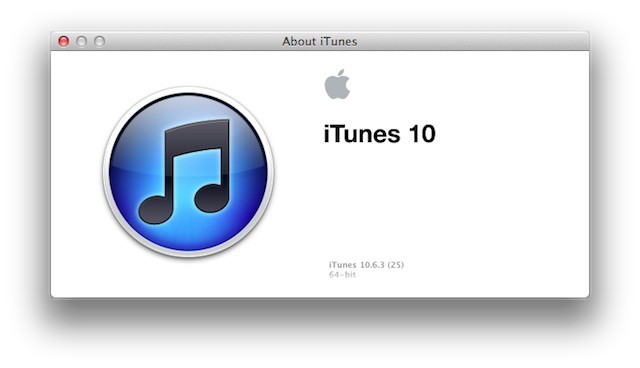
![Safari Download Manager For iOS Finally Gets Support For iOS 5 [Jailbreak] It took a while, but Safari Download Manager finally supports iOS 5.](https://www.cultofmac.com/wp-content/uploads/2012/06/Screen-Shot-2012-06-28-at-13.36.33.jpg)

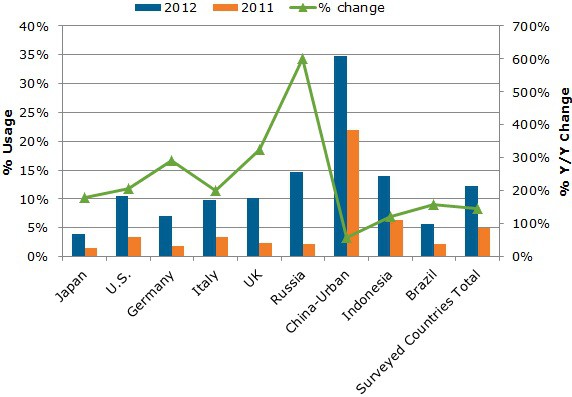
![Martha Stewart CraftStudio: Crafts Without Mess! [Daily Freebie] craftstudio-3](https://www.cultofmac.com/wp-content/uploads/2012/06/craftstudio-3.jpg)
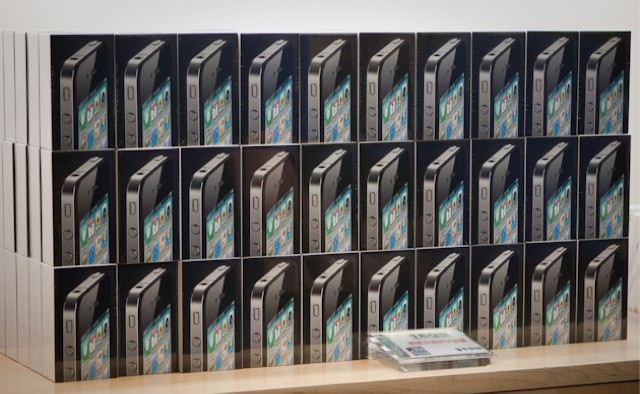
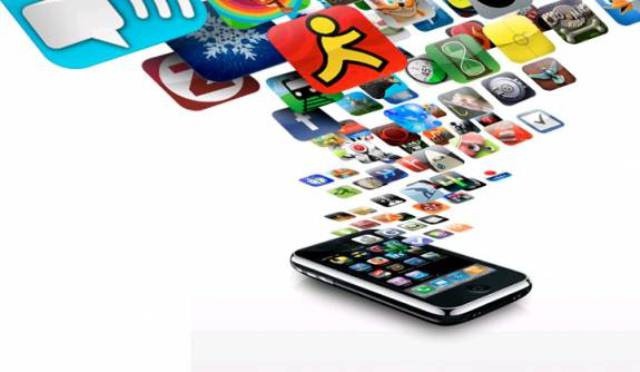
![Just Mobile Horizon, A Pretty Much Perfect iPad Wall Mount [Review] The Horizon will fit into any room.](https://www.cultofmac.com/wp-content/uploads/2012/06/362067653.511408.jpg)
![MiniatureCam, An Amazingly Polished Tilt-Shift App For The iPad. Yes: iPad [Review] cult_logo_featured_image_missing_default1920x1080](https://www.cultofmac.com/wp-content/uploads/2022/04/cult_logo_featured_image_missing_default1920x1080.png)